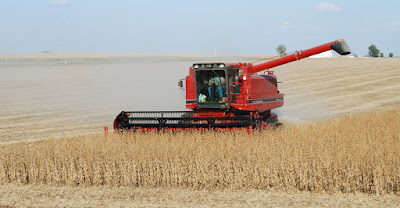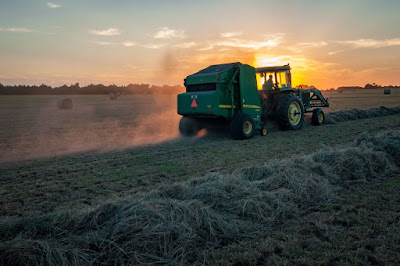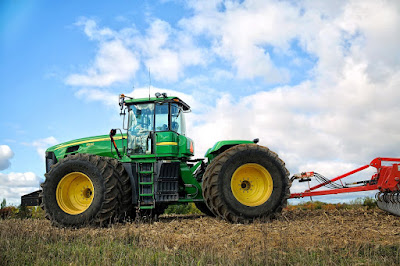Winterize your Tractor: for tractors being stored in the winter

Winterize your Tractor: for tractors being stored in the winter Is your tractor ready to hibernate for the winter? When preparing to store a tractor for the winter, taking the appropriate steps is vital in order to maintain the optimal condition of your machine. First and foremost, repair. The final fall harvest was likely done in a rush and repairs were pushed off. Now is the time, repair before they get worse; so the machine is ready for the spring. Second, get a good clean on that machine. Keeping excess dirt, grass, and seed on your machine will only lead to corrosion. Get the pressure washer in there and restore your machine to clean. After the machine has been thoroughly cleaned, take one final inspection and check belts, hangers, blades, etc. Don’t leave a broken one on, get it replaced during the winter months while your machine is down. Third, change your oil and air filters. Air filters will be dirty from the working summer months a...





